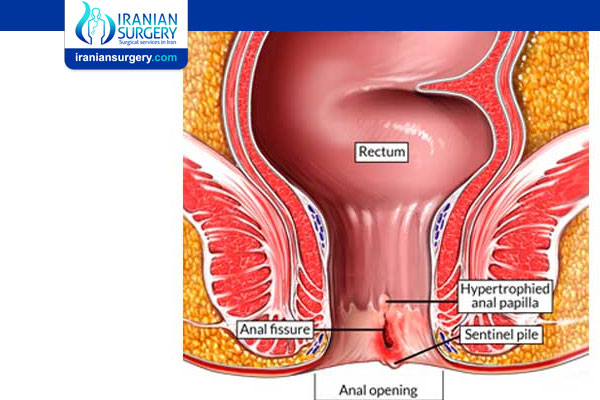can chronic fissures heal without surgery
Can Chronic Fissures Heal Without Surgery?
What is an Anal Fissure?
Anal fissure, just like any cut in the skin, happens to be in the sensitive part of the anal canal. Like any cut, it hurts and causes pain, especially when passing stools. It also causes bleeding during the passage of stools.
Causes of Anal Fissures
. Passing Hard Stools – On the passage of hard stools it stretches the mucosa, and mucosa being softer tears itself causing pain and bleeding. The tear extends to the muscle causing throbbing pain throughout the day.
. Constant straining to pass stools- Sitting for long periods of time trying to pass stools can result in injury.
. Childbirth – In case of prolonged labour the anal opening is stretched and cause injury.
. Inflammatory disease
. Anal intercourse
What to do in case of anal fissures?
The pain typically described is severe. In some cases, out of fear of pain, patients do not pass stools for days. In such a case, the patient should see a physician and surgeon for diagnosis and treatment.
Diagnosis
The surgeon usually does a per-rectal examination. The finding is of a cut in the rectal mucosa along with an anal tag at times. The condition is very painful, dictates that proctoscopy will be avoided by the surgeon. In case of suspicion of any comorbid disease, the surgeon can ask for further tests like Colonoscopy and Sigmoidoscopy.
Can anal fissures heal without surgery?
Anal fissures usually heal within a few weeks if proper treatment and precautions are taken. And the best part? It can definitely heal without surgery. Here are a few ways:
Home Remedies
The aim is to relax the anal sphincter muscle. It is possible by consuming stool softeners and a high fiber diet. Exercising regularly also helps in a great deal. Hydration is important; therefore, it is important to drink adequate fluids.
Apart from these, there are a few things one must avoid in order to heal annal fissures. They are:
. Straining when passing stools
. Stimulants like coffee, tea.
. Spicy food.
. Sitting for prolonged periods of time.
Medicines
. Externally applied nitroglycerin- It is generally considered the medical treatment of choice when other conservative measures fail. It increases blood flow to the fissure and promotes healing. It helps to relax the anal sphincter.
. Topical anesthetic creams such as lidocaine hydrochloride
. Botulinum toxin type A (Botox) injection- This is used to paralyze the anal sphincter muscle and relax spasms.
. Blood pressure medications- This can help relax the anal sphincter
How do I know that I am improving?
The effectiveness of the treatment can be gauged by,
. Pain subsiding within a few days.
. Bleeding stops.
. No more throbbing pain
Anal fissures: Prevention
Keep the anorectal area dry.
Wipe the area with soft materials, a moistened cloth.
Promptly treat all occurrences of constipation.
Avoid irritating the rectum.
Anal Fissures can recur so it is said to be a lifestyle changing disease. The changes have to be done for as long as possible so as to give the injury time to heal.
About Iranian Surgery
Iranian surgery is an online medical tourism platform where you can find the best Proctologists in Iran. The price of treating Anal Fissures in Iran can vary according to each individual’s case and will be determined by an in-person assessment with the doctor.
For more information about the cost of treating Anal Fissures in Iran and to schedule an appointment in advance, you can contact Iranian Surgery consultants via WhatsApp number 0098 901 929 0946. This service is completely free.
Source:
https://www.apollospectra.com/blog/can-fissures-be-permanently-cured-without-surgery/


